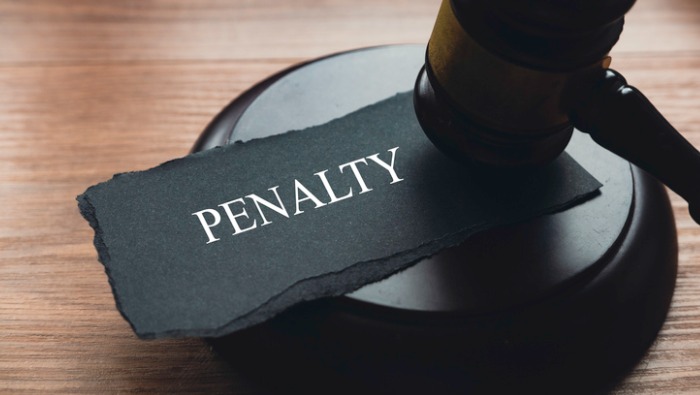This month, the U.S. Department of Labor (DOL) secured significant settlements in two cases for different labor law violations at the same company. In the first case, investigators found wage and hour violations at a federally-contracted provider of security and facility services. The contractor was ordered to pay over $1 million. In the second case, the same security and facility services provider discriminated against black applicants. For those violations, the contractor must pay $411 thousand. In September, the DOL’s Wage and Hour Department (WHD) and the Equal Employment Opportunity Commission (EEOC) announced a partnership to strengthen labor law enforcement through interagency efforts.
Overview of the Labor Law Violations
In the first case, the federal contractor automatically deducted 45 minutes from employees’ workdays. However, it often required workers to remain at their posts for all or part of those meal breaks. Furthermore, the employer failed to adjust employees’ hours for work they performed during their break times. This added recordkeeping violations to its wage and hour labor law violations.
In the second case, following a routine compliance evaluation, Office of Federal Contract Compliance Programs (OFCCP) officials found that the contractor discriminated against 1,459 black applicants for security officer positions. This violated Executive Order 11246 (EO 11246).
Protections Under the FLSA and EO 11246
The Fair Labor Standards Act (FLSA) provides for several federal wage and hour standards, including overtime rules and a federal minimum wage. The FLSA covers full-time and part-time workers in the private sector and federal, state, and local governments. Specifically, the FLSA states that if employers offer bona fide meal breaks (typically lasting at least 30 minutes), these breaks are:
- not to be considered work time; and
- are not compensable.
Additionally, every covered employer must keep certain records for each covered employee. Records do not have to be in a particular form. However, they must include specific identifying information about the employee, data on hours worked, pay rate, and wages earned.
Meanwhile, EO 11246 prohibits federal contractors from discriminating against protected classes on the basis of race, color, religion, sex, sexual orientation, gender identity, or national origin. EO 11246 also prohibits contractors from discriminating against applicants or employees because they inquire about, discuss, or disclose their compensation or that of others, subject to certain limitations.
Penalties for Labor Law Violations
For the wage and hour labor law violations in the first case, the DOL recovered $549,947 in back wages and an equal amount in liquidated damages. Additionally, the DOL assessed the contractor $50,000 in civil monetary penalties. For discriminatory labor law violations in the second case, the contractor must pay $411,000 in back wages to the 1,459 black applicants it rejected. It must also revise its recruiting and selection procedures to ensure they do not discriminate. Finally, the contractor must extend job opportunities to 28 affected black applicants.

